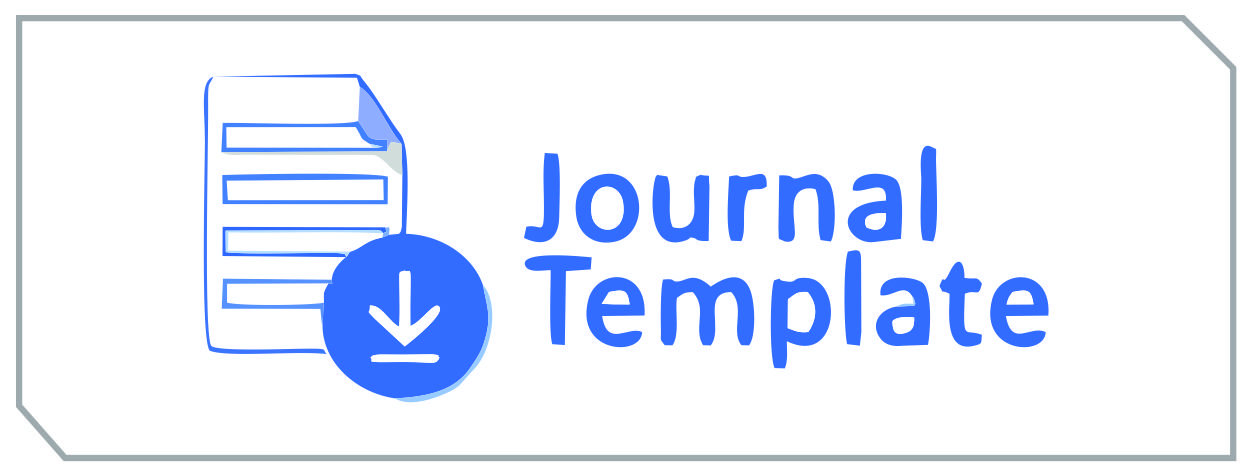Autohydro Therapy Reducing Blood Glucose Levels in Type 2 Diabetes Mellitus Patients
DOI:
https://doi.org/10.55606/ijhs.v4i1.3433Keywords:
autogenic relaxation, hydrotherapy, autogenic relaxation, hydrotherapy, glucose levels, Diabetes Mellitus, Diabetes MellitusAbstract
Hyperglycemia is a blood glucose level that contains a lot of sugar in the body's blood circulation. Autogenic relaxation can control blood glucose in the body, by thinking about the feeling of warmth and heaviness in the body parts. Water therapy (Hydrotherapy) is a method of treatment and healing using water as a medium. The aim of this study was to determine the effect of Autohidro (autogenic relaxation therapy and water therapy (Hydrotherapy) on blood glucose in patients with type II diabetes mellitus. The research design used Quasy Experimental with a pre test and post test control group approach, using a purposive sampling technique to obtain samples 32 respondents consisting of 16 people in each group, both control and treatment groups. Data processing and data analysis using the Paired T-Test and Independent T-Test. Results of data analysis using the Paired T-Test, Blood glucose in Diabetes Mellitus respondents there was a difference in the intervention group (p value 0.023), while in the control group there was no change in blood glucose (p value 0.064). Based on analysis using the Independent T-Test, it showed that there was an effect of Autohidro therapy on the blood glucose of Type II Diabetes Mellitus patients (p value 0.022). Autohidro therapy can be an alternative therapy to reduce blood glucose levels in Type II Diabetes Mellitus patients.
References
ADA. (2018). Standarts of Medical Care in Diabetes. www.diabetes.org/diabetescare. diakses pada tanggal 5 November 2021.
Dinas Kesehatan Kota Blitar. (2022). Gelar Sosialisasi Penyakit Tidak Menular Diabetes Mellitus. Diakses pada 04 Februari 2020, dari https://blitarkota.go.id/id/berita/dinas-kesehatan-kota-blitar-gelar-sosialisasi-penyakit-tidak-menular-diabetes-mellitus
Farida, I., Kusumawati, N. H., Purnamawati, D., Kep, M., Nurdini, N. R., Kep, M., ... & Kep, M. (2023). ASUHAN KEPERAWATAN DENGAN GANGGUAN SISTEM PENCERNAAN. PT Nuansa Fajar Cemerlang.
Insani Wina Rizky A., A. W. (2020). Pengaruh Relaksasi Autogenik Terhadap Gula Darah Pada Pasien DM Tipe 2 . Bidang ilmu: Keperawatan , 137-144.
Kementerian Kesehatan RI. 2018. Apa saja syarat-syarat air minum? http://www.p2ptm.kemkes.go.id/infographicp2ptm/hipertensi-penyakit-jantung-dan-pembuluh-darah/apa-saja-syaratsyarat-air-minum [Diakses 04 November 2021].
Kusumaningtyas, G. (2019). Pengaruh hidroterapi (minum air putih) terhadap kadar
gula darah acak pada penderita diabetes mellitus tipe 2. [Internet]. Tersedia
pada: http://repo.stikesicme-jbg.ac.id/1940/25/1-6%20 diabetes melitus.pdf
[Diakses 04 November 2021].
Kusumawati, R. (2018). Hidroterapi air hangat pada lansia penderita hipertensi
di Panti Sosial Tresna Werdha Senjarawi Bandung. Jurnal
Keperawatan Aisiyah. Vol. 5(1). Hal. 17-24 [Internet]. Tersedia pada:
http://journal.stikes-aisyiyahbandung.ac.id/index.php/jka/article/view/62/46.
Lumbanraja, D, 2006. Penyembuhan ajaib (edisi 2). Jakarta. Insani Jaya
Nuari, N. A., & Widayati, D. (2017). Gangguan pada sistem perkemihan & penatalaksanaan keperawatan. Deepublish.
Nuari, N. A. (2017). Self instructional training methods to reduce blood glucose levels type 2 diabetes mellitus. Jurnal Ners dan Kebidanan, 4(1), 6-11. DOI: https://doi.org/10.26699/jnk.v4i1.ART.p006-011
Nuari, N. A. (2017). Strategi manajemen edukasi pasien diabetes mellitus. Yogyakarta: deepublish.
Nuari, NA & Widayati, D. (2020). Pemanfaatan Tanaman Herbal Dalam Pencegahan Demam Berdarah. PT. Lembaga Chakra Brahmana Lentera
Nuari, N. A. (2021). Analisis Korelasi Kadar Hemoglobin dengan Riwayat Lama Menderita Diabetes Mellitus Tipe 2. Journal Of Health Science (Jurnal Ilmu Kesehatan), 6(1), 1-6.
Nuari, N. A., Rahman, H. F., & Wahid, A. H. (2022). Understanding the links between glycemic control, management adherence and hemoglobin level among type 2 diabetes mellitus. International Journal of Health Sciences, 6(2), 1013–1022. https://doi.org/10.53730/ijhs.v6n2.9974
Nuari, N. A. (2022). Telehealth And Telemedicine Applications In The Management Of Diabetes Mellitus During Pandemic Covid 19: Bibliometric Analysis. International Journal Of Health Science, 2(3), 169-176.
Nuari, NA, Aini, EN & Widayati, N. (2023). Blood cholesterol and its related factors among Indonesian blood donors. International Journal of Public Health Science (IJPHS). DOI: http://doi.org/10.11591/ijphs.v12i1.21816
Nuari, NA, Rahman, HF & Wahid, AH. (2023). Reducing diabetes burnout syndrome using self-instructional training. International Journal of Public Health Science (IJPHS). DOI: http://doi.org/10.11591/ijphs.v12i3.22849
Nuari, N. (2023). Peningkatan Kapasitas Paru Dengan Metode Ballon Blowing Relaxation Pada Perokok Aktif. Jurnal Kesehatan, 11(1), 124-133.
Perkeni (Perkumpulan Endokrinologi Indonesia), (2015). Pengelolaan Diabetes Melitus Tipe 2. (online) Available : http://pustaka.unpad.ac.id./.pdf. Diakses pada tanggal 10 oktober 2021
Sari, (2018). Dahsyatnya Air Putih.Edisi 1,Flash Books, Yogyakarta, hh 26 –69
Tarigan, H. N. (2021). Pengaruh Hidroterapi Terhadap Penurunan Kadar Gula Darah Sewaktu Pada Pasien Diabetes Mellitus Tipe 2 Di Puskesmas Binjai Serbangan Kabupaten Asahan Tahun 2020. Jurnal Penelitian Keperawatan Medik, 3(2), 37–44. https://doi.org/10.36656/jpkm.v3i2.662
Widayati, D., & Nuari, N. A. (2020). Kreasiki Gymnastics in Reducing the Stress Level of Diabetes Mellitus Patients. Jurnal Info Kesehatan, 18(1), 18-27.
Widayati, D., & Nuari, N. A. (2021). Intermittent Exercise in Reducing Glucose Levels in Type 2 Diabetes Mellitus Patients. In The 3rd Joint International Conference (Vol. 3, No. 1, pp. 113-119).
Downloads
Published
How to Cite
Issue
Section
License
Copyright (c) 2023 International Journal Of Health Science

This work is licensed under a Creative Commons Attribution-NonCommercial-ShareAlike 4.0 International License.















